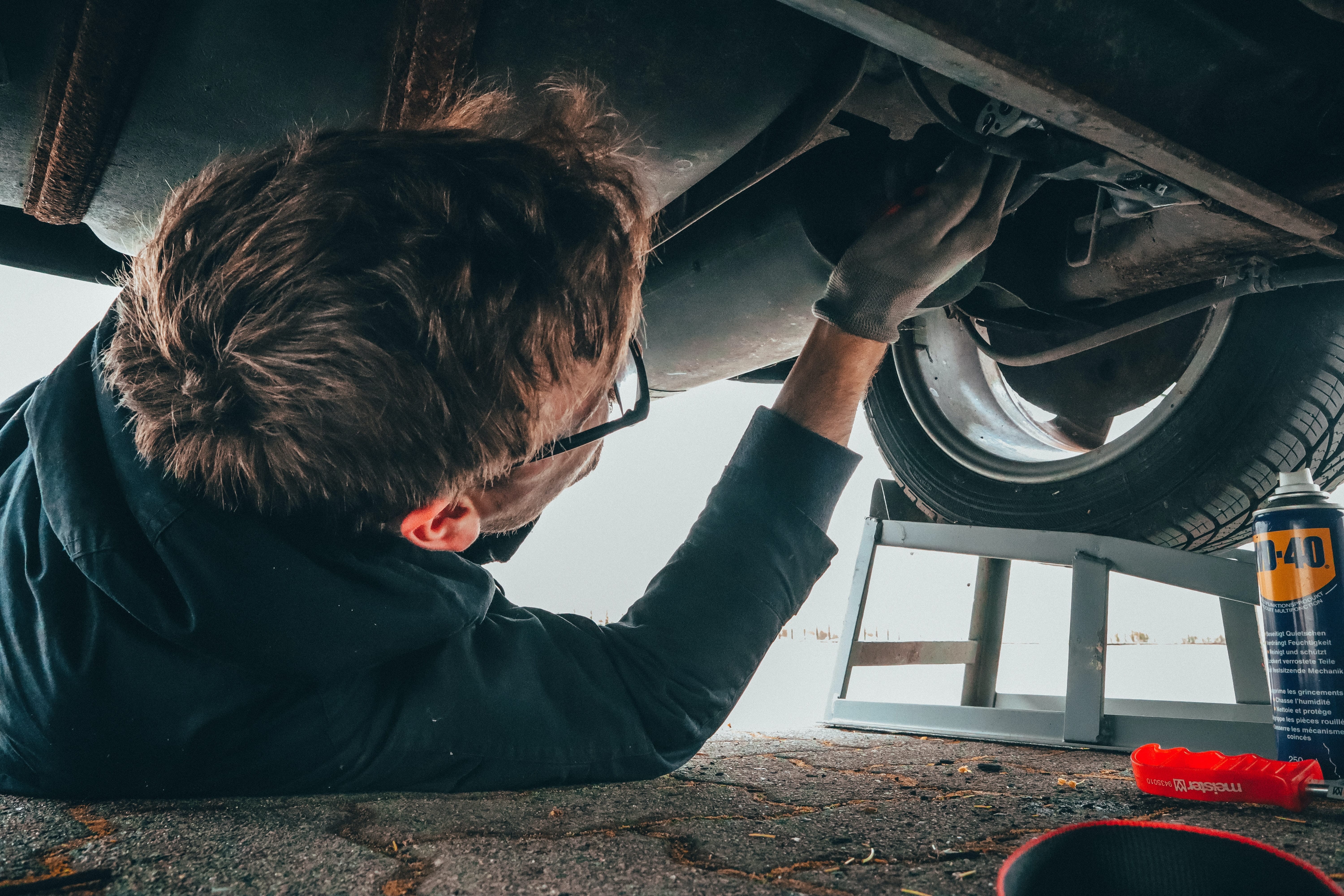A Insider’s Look at Car Care & Safety

We’ve previously shared maintenance tips for new drivers and compiled a list of everything you need to know to properly take care of your car. Still, articles and blog posts about vehicle care and safety can sometimes overlook little, weird bits of advice. These lesser-shared pieces of advice, however, can be incredibly useful to preserve the health of your vehicle. We gathered some of our favorite tidbits for this article.
Uncommon - but Important - Car Care Tips
1. Properly Adjust Your Mirrors
Along with teaching you “10 and 2”, your Driver’s Ed instructor probably harped on this in high school. Properly adjusting your mirrors ensure you’re driving safely is perhaps the easiest thing you can do to avoid costly accidents.
How to Adjust the Rearview Mirror: Angle the mirror so you can see the entire rear view window without moving your head while sitting in the driving position. You should just have to move your eyes.
How to Adjust the Driver Side Mirror: Place your head against the driver side window and move the mirror until you can barely see the side of your vehicle.
How to Adjust the Passenger Side Mirror: Position your head over the center console and move your mirror until you just barely see the side of your vehicle.
If your car is an older model, you may need some assistance adjusting the side view mirrors. Most contemporary cars come with mirror controls either on the dash or the driver’s side door.
2. Exterior Damage Isn’t Just a Cosmetic Concern
If you get into a minor fender bender, you might consider forgoing immediate repairs if the car isn’t deemed dangerous to drive and handle the damage later. However, the irregular shape of body damage and crunched panels add aerodynamic drag. This drag puts more resistance on your car, which causes more wear and tear on your engine, but also costs you more in fuel as you use more to maintain the same speed. You might not notice a difference, but your car will.
3. Fill Your Tank with the Correct Fuel
While Premium fuel sounds like it’s higher quality and better for your car, this isn’t always the case. Putting gasoline into a diesel engine could lead to catastrophic engine failure, as well, going the other way is only slightly less detrimental. Knowing what fuel your vehicle needs and how to best utilize it will help extend the life of your car and stretch your gas money that much further.
Once you know which type of fuel your vehicle requires, try to maintain a mostly full tank, especially in hotter climates. This reduces the chance of condensation forming inside your tank. It also keeps gasoline fumes from building to potentially hazardous levels.
4. Pick an Easy-Pour Oil
Use the thinnest, or lowest, viscosity oil that your vehicle's manufacturer recommends. Engine oil viscosity refers to how easily oil pours at a specified temperature, so you’ll want one that pours the easiest for your accepted range. Thin oils reduce friction in engines and help to start in colder weather since it’s harder for the oil to solidify.
5. Don’t Forget Your Spare Tire
If you get in a situation where you need to use your spare tire, then you probably don’t want to be in a situation where your spare tire is flat. As with other preventative maintenance, you’ll want to regularly check your spare for defects.
6. Know How Your Environment Affects Your Battery
We know it’s important to run your car each week to help your battery recharge, but also be mindful of how your environment can affect your car’s battery life. Colder climates will drain a battery faster, and your vehicle’s age will also play a role in how it reacts to something as simple as being parked in a garage versus on the street. The only way to truly test a weak battery is with professional equipment.
We hoped you were able to learn something new from this post, whether it was how to take better care of your vehicle or just the definition of ‘viscosity’. If you’ve got any questions on car care and safety, our Metro Motor mechanics are standing by to help you with an answer!
Vehicle care information made available by Metro Motor is presented as helpful advice for general maintenance and should not be construed as instructions for at-home vehicle service. Be sure to consult your owner’s manual and a licensed, professional mechanic for diagnostics and repair.
